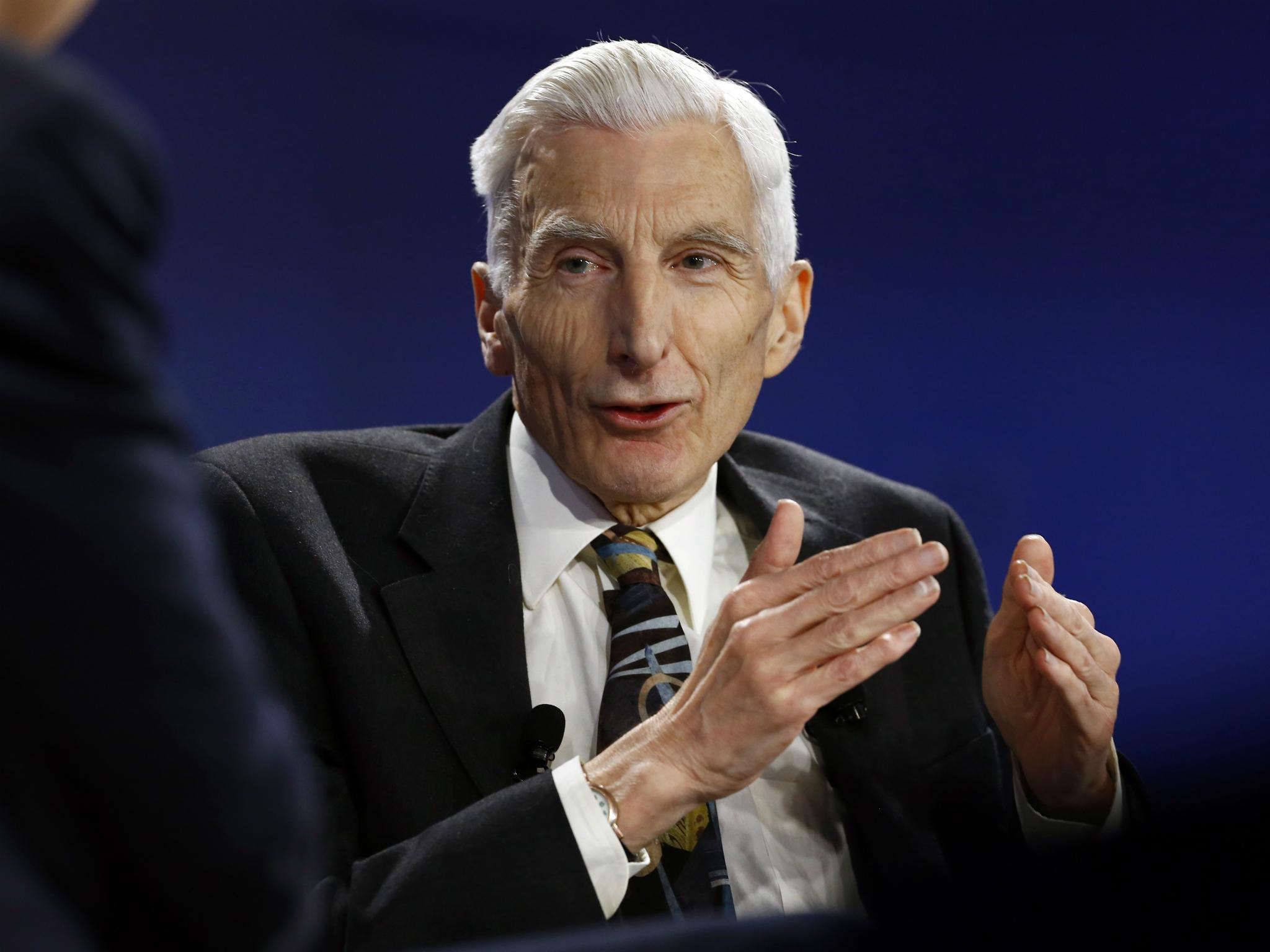Robots created by aliens will conquer space ahead of humans, leading astronomer predicts
'We are likely to be fixed to this world'

Your support helps us to tell the story
From reproductive rights to climate change to Big Tech, The Independent is on the ground when the story is developing. Whether it's investigating the financials of Elon Musk's pro-Trump PAC or producing our latest documentary, 'The A Word', which shines a light on the American women fighting for reproductive rights, we know how important it is to parse out the facts from the messaging.
At such a critical moment in US history, we need reporters on the ground. Your donation allows us to keep sending journalists to speak to both sides of the story.
The Independent is trusted by Americans across the entire political spectrum. And unlike many other quality news outlets, we choose not to lock Americans out of our reporting and analysis with paywalls. We believe quality journalism should be available to everyone, paid for by those who can afford it.
Your support makes all the difference.Lord Martin Rees says machines could take over from humans within a few centuries and go on to enjoy billions of years of supremacy.
The Astronomer Royal and Emeritus Professor of Cosmology and Astrophysics at the University of Cambridge pointed out that we still don’t understand the origins of life, but will likely learn more about it over the next ten to 20 years.
However, he believes that that alien intelligence, if it does exist, could be electronic and nothing like humans.
“Just because there’s life elsewhere doesn’t mean that there is intelligent life,” Lord Rees told the Conversation. “My guess is that if we do detect an alien intelligence, it will be nothing like us. It will be some sort of electronic entity.”
He believes there’s a chance of a major global setback taking place this century, identifying population growth, misuse of technology and increasing connectivity as problems that make humans more vulnerable now than ever.
“If we look into the future, then it’s quite likely that within a few centuries, machines will have taken over – and they will then have billions of years ahead of them.
“In other words, the period of time occupied by organic intelligence is just a thin sliver between early life and the long era of the machines.”
According to Lord Rees, these entities would be far more suited to space exploration than humans, despite improving technologies.
While humans are mortal and depend on an atmosphere and a planet, these machines would essentially be limitless, perfectly comfortable floating around space in zero-g.
“We are likely to be fixed to this world,” Lord Rees continued. “We will be able to look deeper and deeper into space, but travelling to worlds beyond our solar system will be a post-human enterprise.
“The journey times are just too great for mortal minds and bodies. If you’re immortal, however, these distances become far less daunting. That journey will be made by robots, not us.”
Join our commenting forum
Join thought-provoking conversations, follow other Independent readers and see their replies
Comments